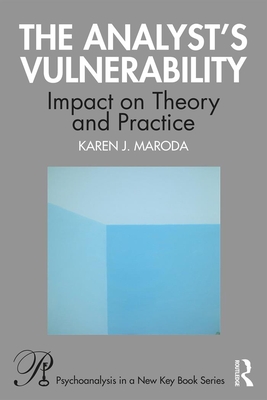What do you think?
Rate this book


226 pages, ebook
Published July 19, 2021
The problem is not that we are secretly destructive or negative people pretending to be good. The problem is that we are so invested in being good and doing good for others that it is difficult for us to look at our normal human failings and desires. More im portantly, this reluctance has been integrated into our theories, our persona, and our clinical preferences.
The therapeutic relationship cannot transcend the limitations of all human relationships, which necessarily include periods of insensitivity, neglect, power-seeking, and even some degree of exploitation. The point is not to create an unattainable ideal, but rather to point out that a certain amount of therapist gratification, both superficial and deep, necessarily occurs in tandem with the patient’s improvement.
Therapeutic action is not about changing who we are or what happened to us; it is about going through the painful process of recognizing, emoting, regulating, and accepting who we are.